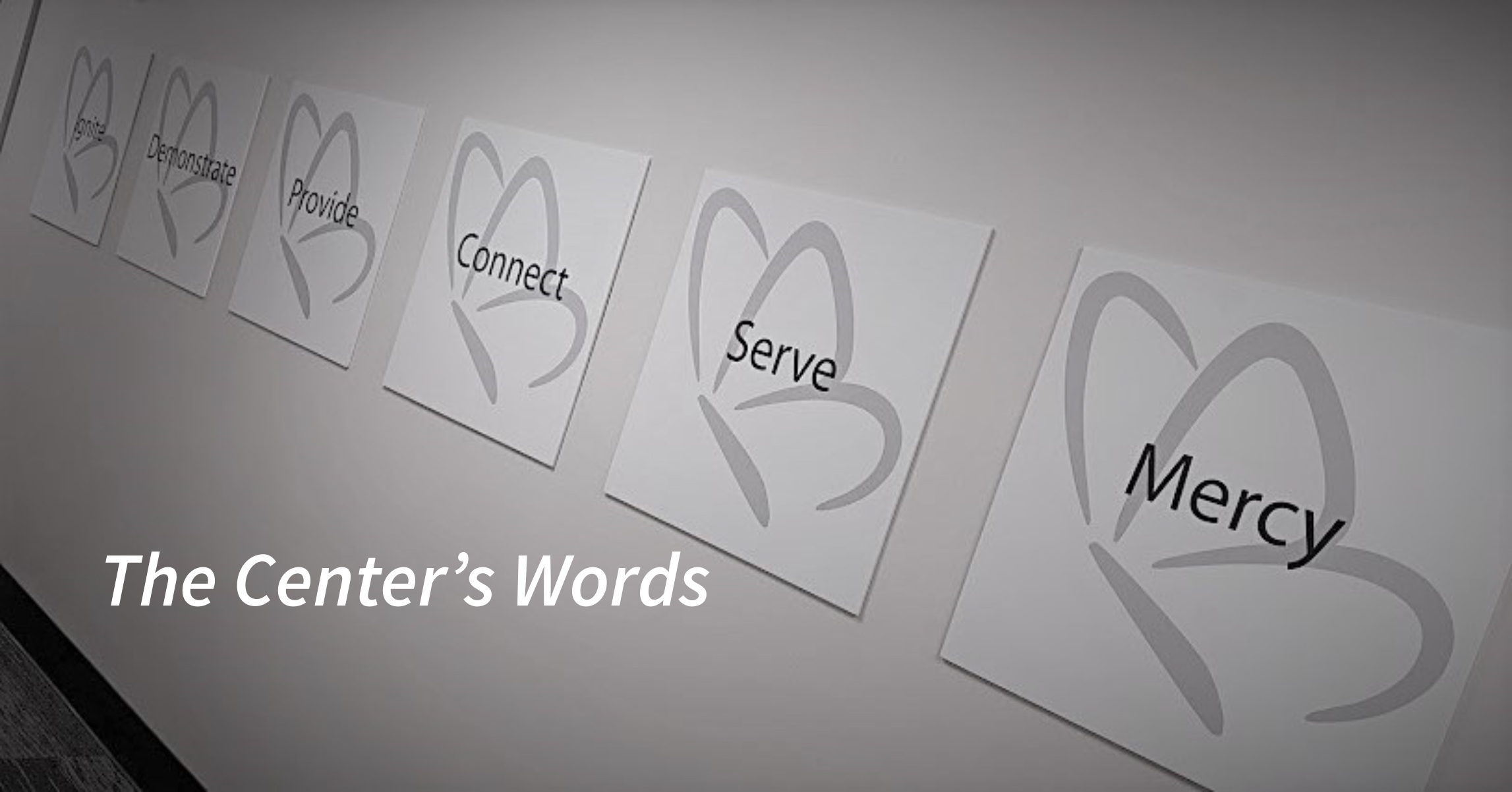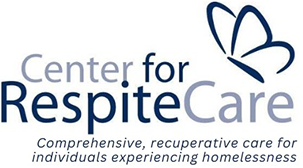
Non-Profit Funding Challenges — Thank you for your ongoing support!
The current economic climate requires the Center to continue to reassess our funding model to ensure that we can provide the necessary service to Greater Cincinnati.
We are fortunate to have a diversified funding base that is not heavily reliant on federal funds. The Center accepts Medicaid, which is a vital component of our cash flow. We continue to receive Medicaid payments and are successfully navigating the system. Our objective is to keep finding resources to support our clients and to serve the most vulnerable members of our community. Our long-term financial planning addresses potential shortfalls and strengthens resources to ensure service to our base.
Where the Center fits in:
There is much written and said about the status of individuals experiencing homelessness. While there are numerous providers and services for people facing homelessness at a regional level, the services offered by the Center are unique, and our mission is often misunderstood.
We are the ONLY organization in Hamilton County that provides medical care and case management services for people without homes who are ill and have nowhere else to recover after a stay in the hospital or other medical facility.
Our team cares for our clients to ensure they have a safe, secure environment upon discharge from the Center. We obtain stable placement for them based on their unique physical, social, and mental health needs.
Clients stay with us for about 5,500 bed-nights annually. This means that we truly get to know them and remain connected once they are discharged from the Center.
From the National Alliance to End Homelessness:
“People experiencing homelessness often live with chronic health conditions that can be exacerbated by mental health and/or substance use disorders. Many do not receive regular healthcare, and when they access healthcare, it usually is to address an acute care incident which results in frequent emergency department visits.”
When people experiencing homelessness require hospitalization, they may have longer hospital stays even though they are not sick enough to remain hospitalized. This can occur because discharge planners, aware that the individual lacks safe, stable housing to recover and maintain follow-up care, are looking for options to ensure continuity of care and transition the patient to the most appropriate setting. Sometimes, the only option is to discharge the individual to emergency shelters, which are historically not resourced or equipped to provide the needed care support. This is where medical respite programs come in.”
In this geographic region, this is where the Center comes in.
What is in the news?
Much is currently written about people experiencing homelessness. Current funding challenges will continue to negatively impact this part of our community. This will likely escalate as we — and organizations like us — seek funding mechanisms. People dealing with health issues continue as the Center’s top priority.
“Those with health conditions or disabilities often face higher medical costs, lost income opportunities, and discrimination, making it even harder to find or keep housing. For many, a lack of healthcare access led to progressive health issues and crushing medical bills, making it harder to maintain housing or employment.” (National Alliance to End Homelessness)
How you can help:
The Center is closing out its annual campaign. We are not part of the United Way and rely upon individual contributions, grants, and some government funding. Please consider a donation via this website. We also readily accept volunteerism, goods, and services (food delivery, clothing items, etc.). Thank you for your consideration.
2025 starts our 22nd year serving people experiencing homelessness and need a safe place to heal. We are proud of our team and the care and guidance that we have provided for over two decades. You make the mission possible!

